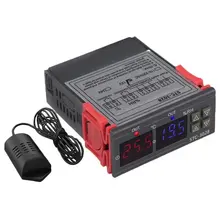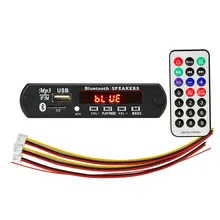Understanding Carbon Resistors
Carbon resistors are essential components in various electronic circuits, known for their stability and reliability. These resistors are typically categorized into carbon composition resistors and carbon film resistors, each with distinct characteristics and applications. The carbon composition resistor, made from a mixture of carbon powder and a binding material, is lauded for its high pulse endurance. On the other hand, carbon film resistors are created by depositing a thin carbon layer on an insulating substrate, offering better temperature stability.
Technical Specifications of Carbon Resistors
The technical aspects of carbon resistors are defined by their resistance value, tolerance, and temperature coefficient. These parameters are crucial for ensuring the correct operation within electronic circuits. The resistance value is often denoted by a color code system, where a series of colored bands represent specific values. For instance, a carbon resistor of 47 ohms would have a unique set of color bands differentiating it from other resistors. Tolerance indicates the precision of the resistance value, and the temperature coefficient describes how the resistance changes with temperature.
Applications and Configurations
Carbon fixed resistors are versatile and can be used in various circuit configurations. They can be arranged in series to create voltage dividers, crucial for adjusting voltage levels in a circuit. Moreover, carbon composition resistors are often used in applications requiring high pulse loads, while carbon film resistors are preferred for their lower noise and are suitable for audio applications. Understanding the resistance of carbon resistors and their behavior in different configurations is vital for circuit design and safety.
Advantages of Carbon Resistors
Among the advantages of using carbon type resistors are their compact size and cost-effectiveness. Carbon comp resistors are particularly valued for their ability to withstand high energy pulses, making them suitable for surge protection applications. The carbon composition resistance material is also known for its durability, which is why these resistors have been a mainstay in the industry for decades.
Choosing the Right Carbon Resistor
Selecting the appropriate carbon resistor requires a thorough understanding of the specific needs of your project. Factors such as the required resistance value, tolerance levels, and thermal performance must be considered. For specialized needs, components like the kiwame resistor or allen bradley carbon composition resistors are known for their reliable performance in professional audio equipment and industrial applications, respectively.
Conclusion
In conclusion, carbon resistors, including carbon pile resistor and film carbon resistor, offer a reliable solution for managing current in electronic circuits. With a variety of types available, engineers and electronics designers can find the right resistor to meet the specific demands of their applications. It is essential to understand the nuances of each type to ensure optimal performance and safety in electronic designs.







































 浙公网安备 33010002000092号
浙公网安备 33010002000092号 浙B2-20120091-4
浙B2-20120091-4